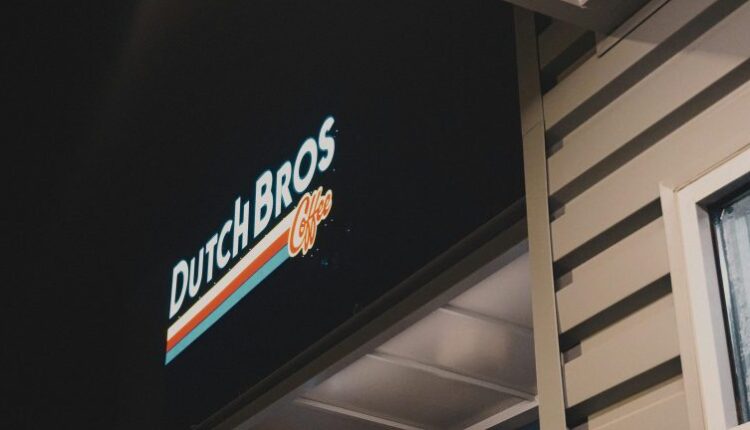Is Starbucks Losing Its Grip? – CoffeeTalk
Coffee is a lucrative and highly desired product in the restaurant industry, with Starbucks and Dunkin’ Brands capturing around 85% of the U.S. market. Since Howard Schultz turned Starbucks into a global brand with nearly 17,000 stores, few chains have transitioned from regional favorites to national players. However, the landscape is changing as new coffee chains and fast-food outlets like McDonald’s and Taco Bell increasingly challenge this dominance, driven by growing consumer interest in caffeinated drinks, particularly among younger generations such as Gen Z. Dutch Bros, a Pacific Northwest chain, exemplifies this shift with around 1,000 drive-through locations, aiming to expand significantly in the U.S. Founded in the 1990s, it offers vibrant and customizable coffee drinks served by enthusiastic “broistas,” catering to Gen Z preferences for iced and energetic beverages.
According to analyst Logan Reich, coffee choices vary across generational lines, with older consumers favoring traditional hot coffee, while younger individuals gravitate towards colorful, Instagram-ready drinks. Approximately half of Dutch Bros’ customer base consists of Gen Z and millennials, and a stark 94% of their drinks are cold. The chain’s offerings include innovative beverages such as iced coffee with protein and the extreme 911, consisting of six espresso shots. This trend aligns well with the U.S. consumption pattern, where 80% of drinks are taken on the go.
Dutch Bros has seen rapid growth, almost doubling its stores from 500 in 2021 to over 1,000 currently, and plans to exceed 2,000 locations by 2030. Their revenue escalated from $498 million in 2021 to $1.3 billion last year, with projections nearing $3 billion by 2028. Comparatively, Dutch Bros’ stock valuation appears more reasonable than other high-growth restaurant chains.
Against this backdrop, Starbucks faces challenges, including stagnation in comparable-store sales, affecting its growth potential. Customers have raised concerns regarding the erosion of service quality amidst rapid expansion, as seen in Dutch Bros, where long drive-through wait times become an issue. Furthermore, the coffee market has ample space for new companies, with rising competitors such as 7 Brew and Black Rock Coffee gaining traction.
While Starbucks attempts to stabilize under new leadership, the competitive coffee landscape is evolving, indicating that no singular company will dominate the market. The forthcoming era promises diversification among coffee providers as new players emerge alongside established brands.
Read More @ WSJ
Source: Coffee Talk



